Wild seaweed can’t take the heat from ocean warming, experts say
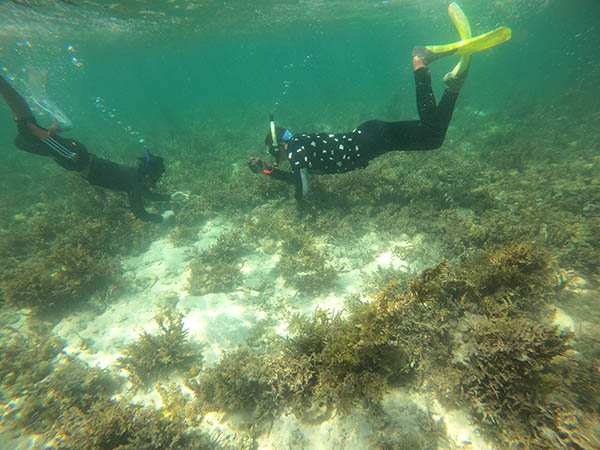
A group of world-leading seaweed scientists has warned that global wild stocks are at risk of disappearing unless urgent international protection measures are implemented.
In a policy brief published by the United Nations University’s Institute for Comparative Regional Integration Studies (UNU-CRIS), the research team highlights the significant reduction in native seaweeds in South-East Asia, where the seaweed industry supports millions of livelihoods.
The policy brief points to pest and disease outbreaks, which stem from climate change and over-harvesting, as the main causes of the decline in wild stocks. It calls for seaweeds to have the same protection status as other threatened marine features, such as coral reefs and mangroves.
“The world’s wild stock of seaweed is not in a good state of health,” said Elizabeth Cottier-Cook, the report’s lead author and professor at the Scottish Association for Marine Science (SAMS) in Oban. “Our seas – particularly in coastal areas where seaweed grows – are warming up and put simply, many seaweed species are unable to stand the heat.”
Demand for farmed seaweeds has grown exponentially over the past 50 years, as the seaweed industry has expanded to produce a wide variety of products, including food, animal feed and pharmaceuticals. The sector now accounts for more than 50 percent of total global marine production, which in 2019 equated to roughly 35 million tons with a value estimated at (U.S.) $14.7 billion.
Exploring the relevancy, resiliency and scalability of seaweed farming at Seagriculture
Wild stocks provide the genetic diversity that seaweed farmers need to ensure the industry can adapt and survive as climate change alters conditions in the marine environment. However, protection measures for wild seaweed stocks are lacking at national and international levels.
“We recently mapped wild harvesting sites in Malaysia – one of the world’s major seaweed farming nations – and compared those sites to the designated marine protected areas,” said Cottier-Cook. “We found that the majority of seaweed forests had no protection and as a consequence, we are seeing these wild stocks shrinking.”
The research was conducted as part of the ASTEC (Innovative Seaweed Aquaculture) project led by Prof Juliet Brodie at the Natural History Museum in London and including SAMS and the University of Malaya. The project is funded by the UK’s Department for Environment, Food and Rural Affairs (DEFRA) Global Centre on Biodiversity for Climate.
Read the full policy brief here.
Follow the Advocate on Twitter @GSA_Advocate
Now that you've reached the end of the article ...
… please consider supporting GSA’s mission to advance responsible seafood practices through education, advocacy and third-party assurances. The Advocate aims to document the evolution of responsible seafood practices and share the expansive knowledge of our vast network of contributors.
By becoming a Global Seafood Alliance member, you’re ensuring that all of the pre-competitive work we do through member benefits, resources and events can continue. Individual membership costs just $50 a year.
Not a GSA member? Join us.
Author
-
Responsible Seafood Advocate
[103,114,111,46,100,111,111,102,97,101,115,108,97,98,111,108,103,64,114,111,116,105,100,101]
Tagged With
Related Posts
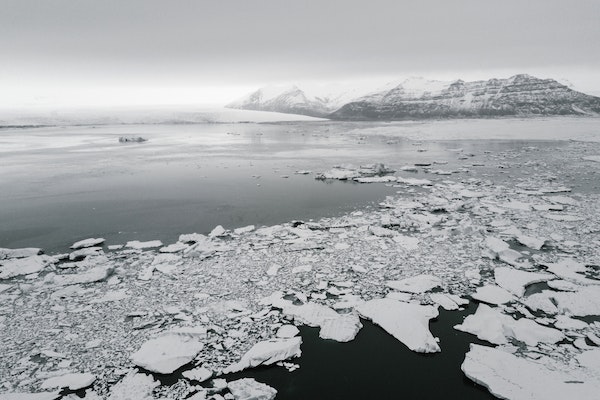
Fisheries
Study: Most marine fish are responding to ocean warming by relocating toward the poles
Fish populations are responding to ocean warming by shifting toward the earth’s poles or moving to deeper waters – all in a bid to stay cool.
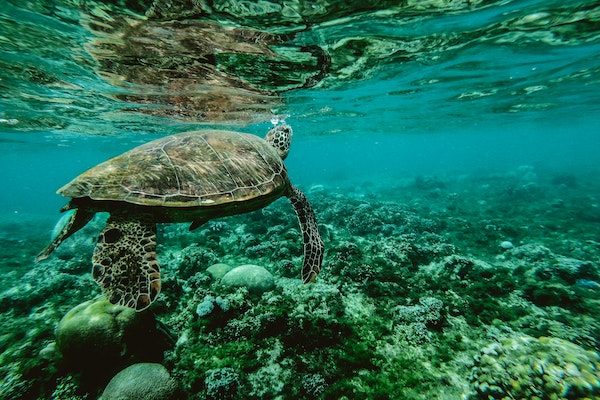
Responsibility
Hottest ocean temperature record set in 2022 for seventh consecutive year
Research says a record-high ocean temperature combined with greater salinity could create inhospitable ocean conditions for marine life.
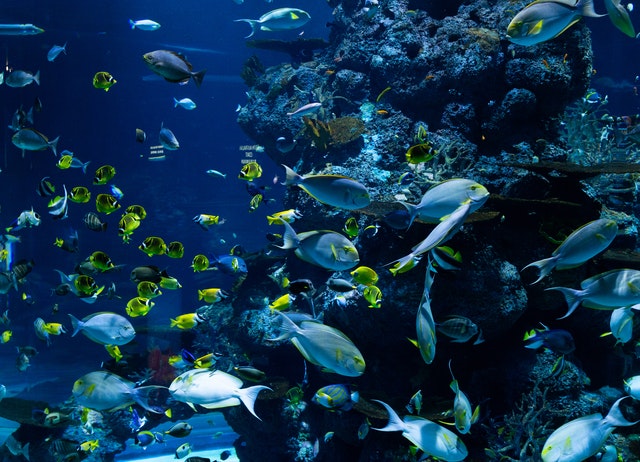
Health & Welfare
With warming waters, will fish suffer from oxygen deprivation?
A new study has found that larger fishes are more likely to experience oxygen deficiency in warming water than smaller species.
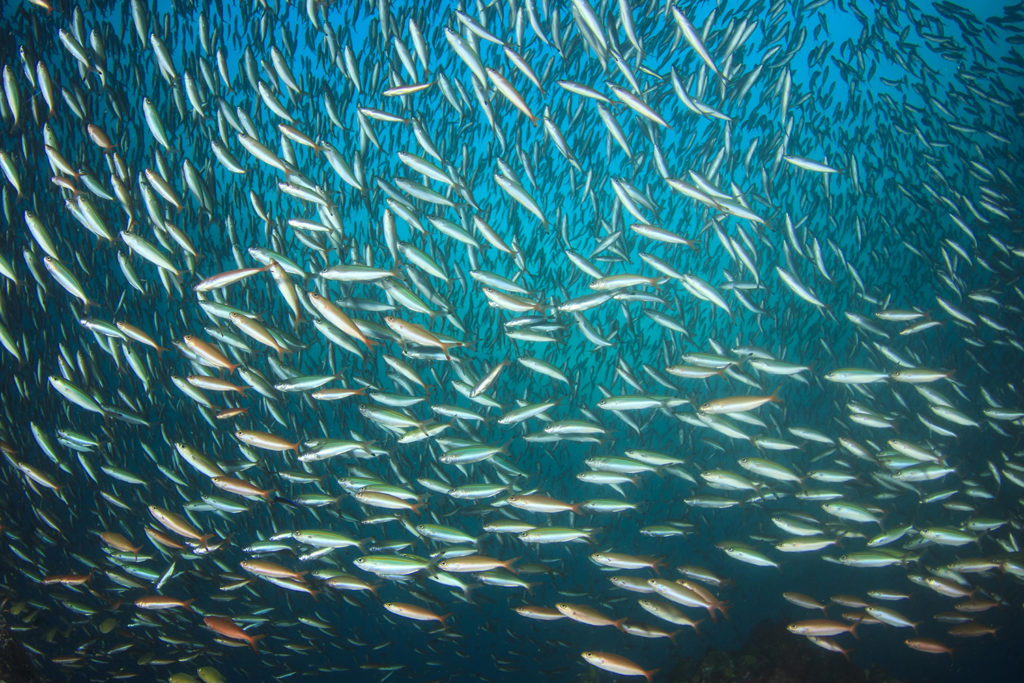
Responsibility
Study: Climate change will shuffle marine ecosystems in unexpected ways as ocean temperature warms
A study found that, as the ocean temperature warms, fish will continue to exist in certain areas but are not likely to be as abundant.



